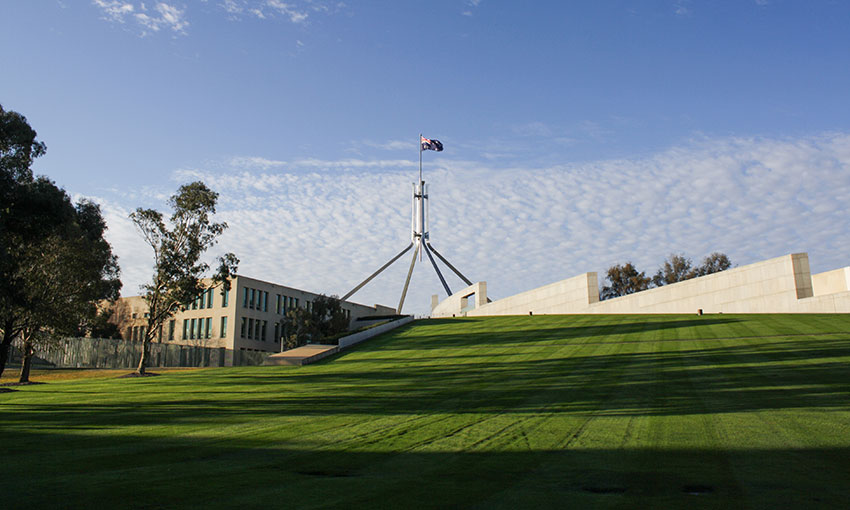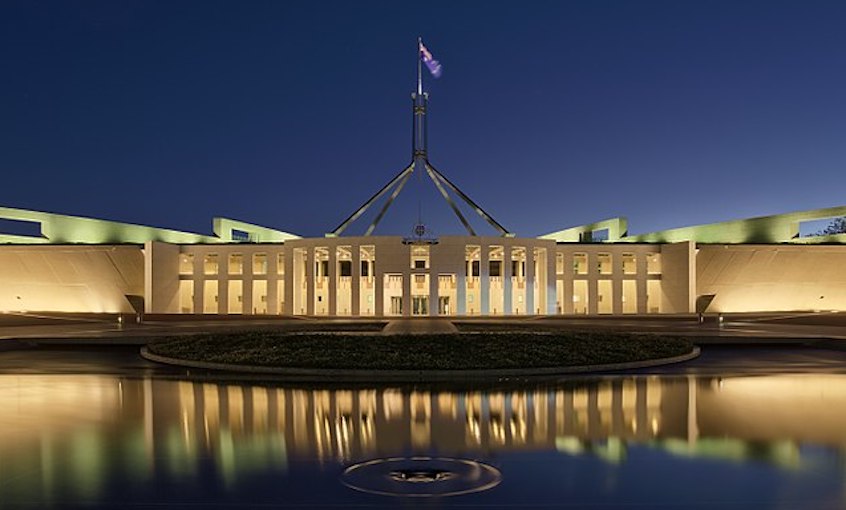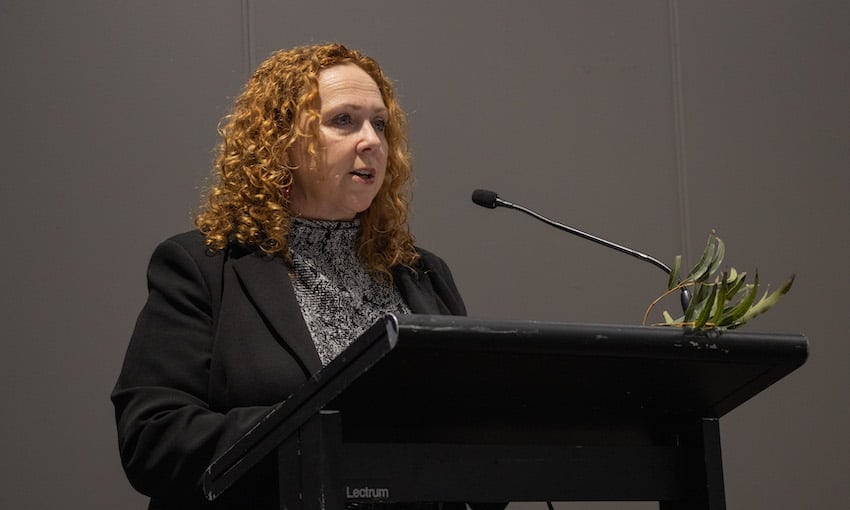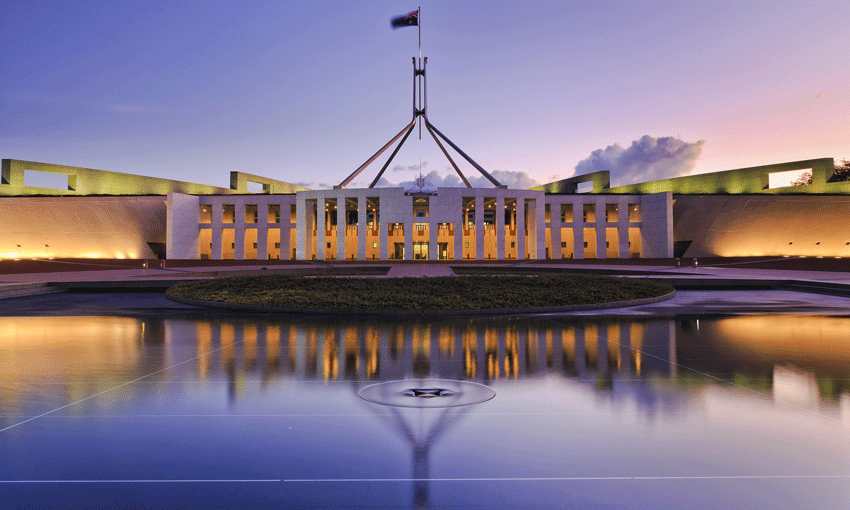A BILL that is currently before parliament aims to implement amendments in domestic legislation to meet Australia’s international obligations as a signatory to MARPOL and the International Convention on the Control of Harmful Anti-fouling Systems on Ships.
Senator Anthony Chisholm, in his second reading speech for the Maritime Legislation Amendment Bill 2022, said it would implement three main amendments to the international maritime conventions.
“Firstly, it will introduce controls for ship discharges that are known as ‘persistent floaters’—substances that can form surface slicks on water such as some grades of vegetable oil or paraffin-like substances,” he said.
“These controls, which include cargo tank cleaning, prewash and discharge procedures, apply in certain environmentally sensitive areas in Europe, specifically the North West European Waters, Baltic Sea, Western European Waters and Norwegian Sea.”
Secondly, he said the bill would ban the use, and carriage for use, of heavy fuel oil by ships in Arctic waters from 1 July 2024.
“This mirrors the ban already in place on the use of heavy fuel oil by ships in the Antarctic,” Mr Chisholm said.
“Thirdly, from 1 January 2023, the bill will ban ships from applying anti-fouling systems that contain the chemical biocide, cybutryne, which is highly toxic to marine organisms,” he said.
Mr Chisholm, in his speech, went on to say that the amendments are not expected to have any significant impacts on the Australian maritime industry.
“Currently Australian-flagged ships that undertake international voyages are unlikely to operate in North European and Arctic waters. However, should they do so, they will be treated the same as any other vessel operating in those areas of the world,” he said.
“The inclusion of cybutryne as a harmful antifouling substance has a transition period consistent with a ship’s normal dry-docking cycle for inspections and cleaning. Hence, owners will not incur additional costs from having to take their ships out of service sooner than usual.”
Shipping Australia CEO Captain Melwyn Noronha said SAL supports the passage of the bill into national law, as it strengthens protection for important marine ecosystems. He also said it is an example of good legislative practice in relation to ocean shipping, as it originates from the International Maritime Organization – a specialist agency of the United Nations.
“We can be sure that laws which originate from the IMO are fit for purpose, as they have undergone an extensive process of consultation with, and scrutiny by, maritime experts from around the world,” Mr Noronha said.
“Moreover, as a global industry, it is of the utmost importance that the regulation of shipping is global too. There are over 190 countries in the world. If each nation implemented its own rules, then world trade would quickly grind to a halt. It is vitally important that nations around the globe work though the International Maritime Organization to regulate shipping.”
Mr Noronha said the gains from regulatory unity are vast and the losses from disunity are devasting.
“That is especially so for Australia, as the costs and benefits to our nation are particularly pronounced,” he said.
“While it is commonly said that ocean shipping carries about 80% of world trade by volume, in Australia (because we are an island nation), that figure rises to over 99.9%. About one in five Australian jobs are directly and indirectly supported by international trade – that’s about 2.5 million Australian jobs. Ocean shipping is vital to Australia. Harmony between international and domestic shipping policy, legislation and regulation is not only vital, it is essential.”





